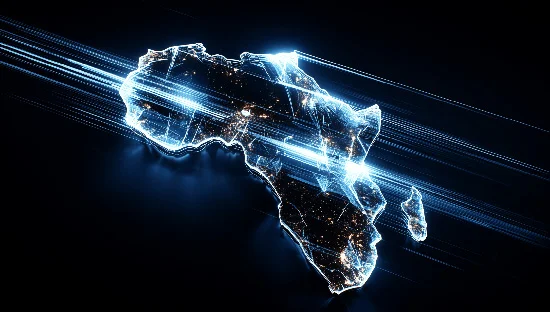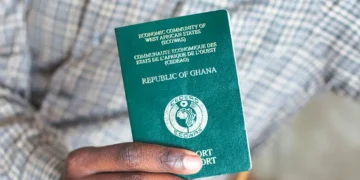Blitz Bureau
NEW DELHI: Cybercrime has come to affect millions of people across the African continent. As the digital landscape continues to expand across the globe, Africa has also seen some dark underbelly of online scams. Interpol announced on August 22 that it had orchestrated a major cybercrime crackdown, leading to the arrest of 1,209 suspects across Africa and the recovery of nearly $97.4 million, according to a report in Africanews.
Operation Serengeti 2.0, as the crackdown was dubbed, brought together investigators from 18 African countries and the United Kingdom to fight harmful cybercrimes including inheritance scams, ransomware and business email compromise, which targeted nearly 88,000 victims. This operation has exposed just how rampant these fraudulent activities have become in Africa, raising critical questions about how to navigate the virtual world and protect citizens.
One major challenge is the geographical reach of cybercrime. “Cybercrime is very, very complex,” Interpol cybercrime unit director Neal Jetton told Africanews. “You can have cybercriminals on one continent. You can have the equipment and infrastructure that they’re using based somewhere else, on a different continent, and victims will be global. To successfully combat transnational cyber crime, what you need is cooperation and collaboration.”
But fighting cybercrime also takes dayto-day work, including at the governmental level. “Data protection is fundamental,” Julie Owono, the executive director of Internet Without Borders, told Africanews. “We need to be very sincere about our current state in Africa in terms of protecting the data of its citizens.”
The African Union adopted the Convention on Cyber Security and Personal Data Protection in 2014. It entered into force in June 2023.
Fewer than 20 countries have ratified it out of 55 African Union member states. Julie calls for “due process-based cybercrime enforcement.” “More empowerment, accountability, and capacity building of people are needed,” she said.































